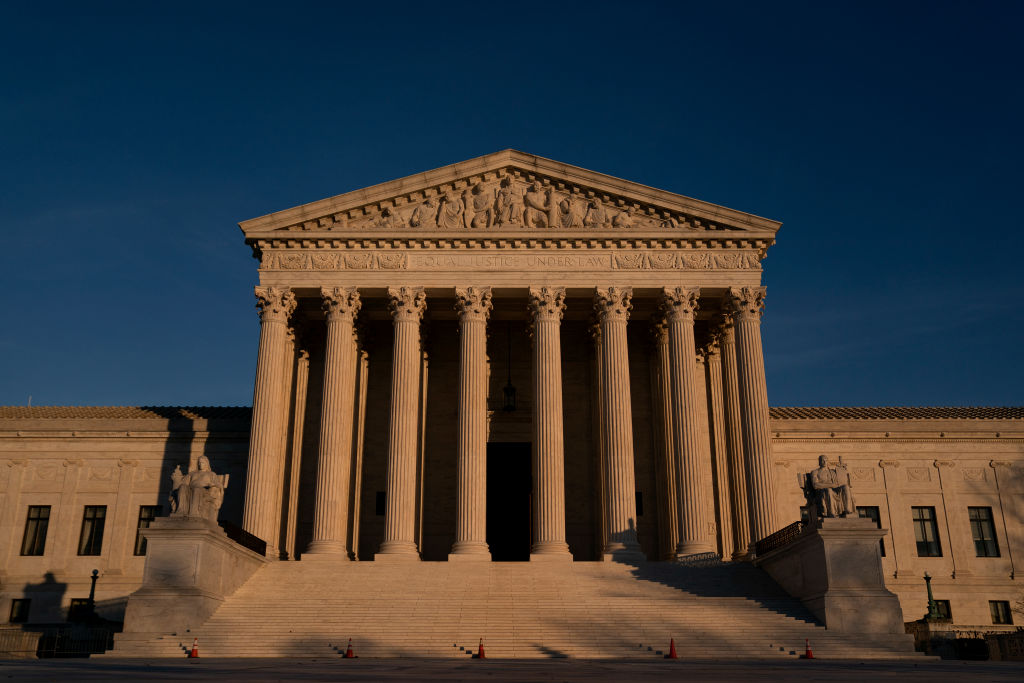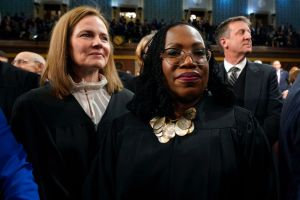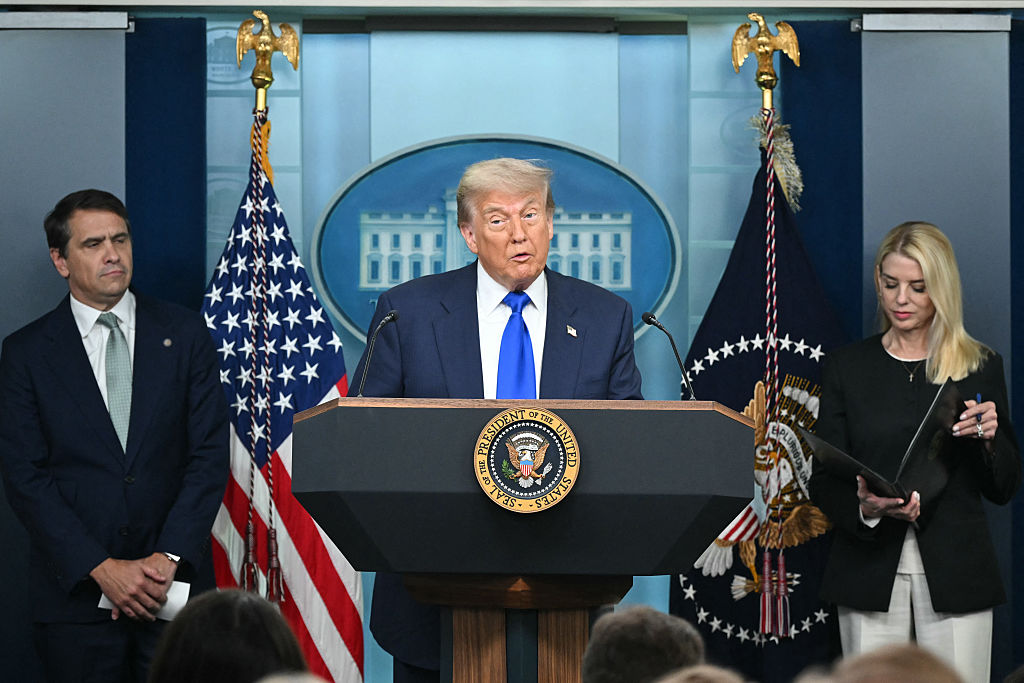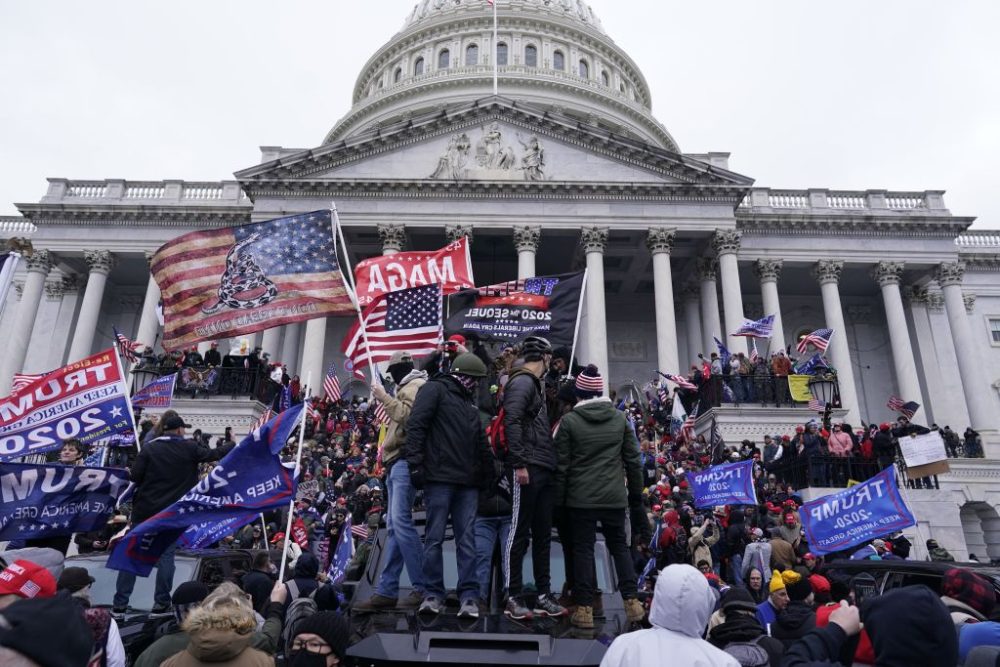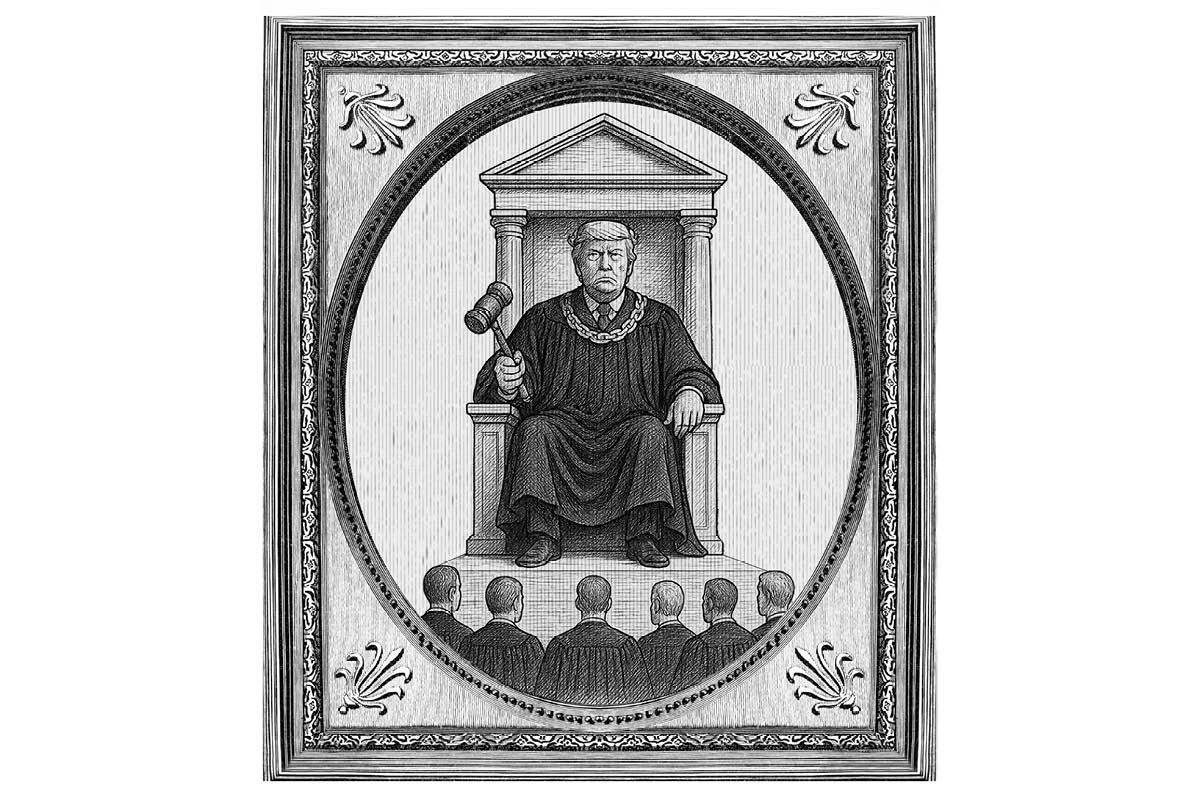The Supreme Court heard oral arguments on Tuesday in one of the most important cases for voting rights in decades. Brnovich v. Democratic National Committee centers on two Arizona measures aimed at voter integrity. The first prevents individuals from casting their ballot in the wrong precinct and the second prohibits ballot harvesting.
The question at stake is whether these measures and others like them violate Section Two of the Voting Rights Act, which prohibits election rules from disenfranchising minorities. The DNC’s lawyers seem to argue that any election safeguard measure is discriminatory. If Biden thinks people of color don’t know how to use the internet, then the DNC thinks they can’t follow election laws.
‘The last three months have seen an even greater uptick in proposed voting restrictions, many aimed squarely at the minority groups whose participation Congress intended to protect,’ Bruce V. Spiva, a lawyer for the Democratic National Committee, claimed without evidence.
Jason Snead, executive director of the Honest Elections Project, told The Spectator that practically any voting law could be at stake if the DNC wins the argument.
‘[Section Two] is not a recipe or a mandate for anarchy in our election system. And so we have to we have to to tackle problems that are of intentional discrimination at the polls. But we can’t sacrifice the basic integrity of the process,’ Snead said.
The conservative majority Supreme Court, however, seemed poised to uphold the Arizona election measures. Justices Samuel Alito and Amy Coney Barrett both acknowledged the danger of making all election rules vulnerable to challenge.
‘People who are poor and less well educated on balance probably will find it more difficult to comply with just about every voting rule than do people who are more affluent and have had the benefit of more education,’ Alito said, contradicting the idea that safeguard measures are aimed specifically at reducing minority turnout.
Beyond just upholding the Arizona laws, the court also has the opportunity to identify what types of voting regulations would violate Section Two. This could provide greater overall clarity to state governments when making election law and prevent repeated lengthy and costly legal challenges to basic voter integrity rules.
‘The real implication of this case is can you have preventative or prophylactic measures that are designed to bolster election safeguards or not?’ Snead explained. ‘I really hope that what we get out of the Supreme Court here is a clear standard that restores Section Two to its original purpose so that we can protect the franchise, but we can also protect the process as a whole.’
Brnovich v. Democratic National Committee couldn’t be more timely. Tens of millions of Americans believe the 2020 election was stolen from Donald Trump. Meanwhile, Democrats in Congress are trying to pass HR 1, which expands mail-in voting, prohibits voter ID measures, and enacts automatic voter registration. Ensuring state legislatures are able to enact laws that prevent voter fraud is just one way to try to restore Americans’ confidence in the system as Democrats seek to dismantle it.



